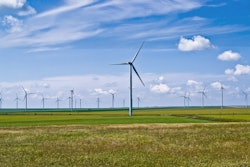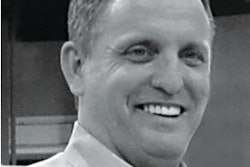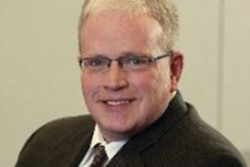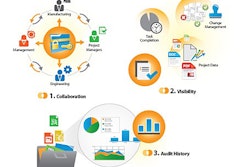April 02--With four states vying to host Tesla Motors' planned $5 billion battery factory, no one has yet to emerge as the likely winner.
No one except Tesla, that is.
The states named by Tesla as the four top candidates for the factory -- Arizona, Nevada, New Mexico and Texas -- are scrambling to entice the maker of electric cars any way they can.
In Arizona and Texas, for example, politicians have proposed changing state laws that block Tesla from selling cars directly to the public. That's a big issue for the Palo Alto company because traditional franchise auto dealers across the country have challenged Tesla's direct-sales model.
But analysts doubt the company will base its ultimate decision on politics.
"Tesla is going to choose the state on merits," said Ben Kallo, a senior analyst with the Richard W. Baird & Co. private-equity firm. "Whether or not they can get Texas to flip and change the way they let Tesla operate in the state, that's helpful. But I don't think that's the main thing they're looking at."
Considering the project's importance to Tesla's future, the company will require a strong pool of skilled workers, good infrastructure and easy access to the company's car factory in Fremont, analysts say.
Tesla announced in February the facility would open in roughly three years and employ 6,500 people, eventually producing enough advanced, lithium-ion batteries for 500,000 cars per year.
The factory would double worldwide production of lithium-ion batteries, which could help drive down battery production costs 30 percent just in its first year of full-scale operation. Tesla hopes to use those savings to create its $35,000 Gen 3 car, the company's first car aimed at the middle class. Without the Gigafactory, Tesla would have a hard time finding enough batteries -- at any price -- to build as many cars as it wants.
Tesla currently buys its battery cells from Panasonic. And while Panasonic's president recently said his company had not yet committed to the project, most analysts expect Panasonic to be one of Tesla's partners in funding and building the Gigafactory.
"Tesla needs to take sourcing into its own hands -- it's a major constraint on their growth," said Andrea James, who covers Tesla for the Dougherty & Co. investment bank.
The company has dropped hints about the kind of site it needs.
The factory will rely heavily on wind- and solar-power facilities, which require significant amounts of open land when built from scratch. Tesla also wants to use as many raw materials as possible from North America so it can build a viable domestic supply chain and minimize transportation costs.
Those criteria could favor Nevada. The state has open land as well as existing wind, solar and geothermal power facilities. Nevada also boasts the only operating lithium mine in the United States, which is being expanded with help from U.S. Department of Energy.
The Reno Gazette-Journal reported in February that Tesla had scouted potential sites around the city. Reno lies less than four hours away from Fremont on Interstate 80, with rail lines providing another fast link.
But Tesla is still exploring other sites. Last week, company executives met with city officials in San Antonio, according to the San Antonio Express-News.
"There are merits to all four states on the list," said Craig Irwin of Wedbush Securities. "They're obviously going through a complete evaluation process of all four states, and my gut feeling is they haven't made a decision yet."
David R. Baker is a San Francisco Chronicle staff writer. E-mail: [email protected] Twitter: @DavidBakerSF
Copyright 2014 - San Francisco Chronicle
















